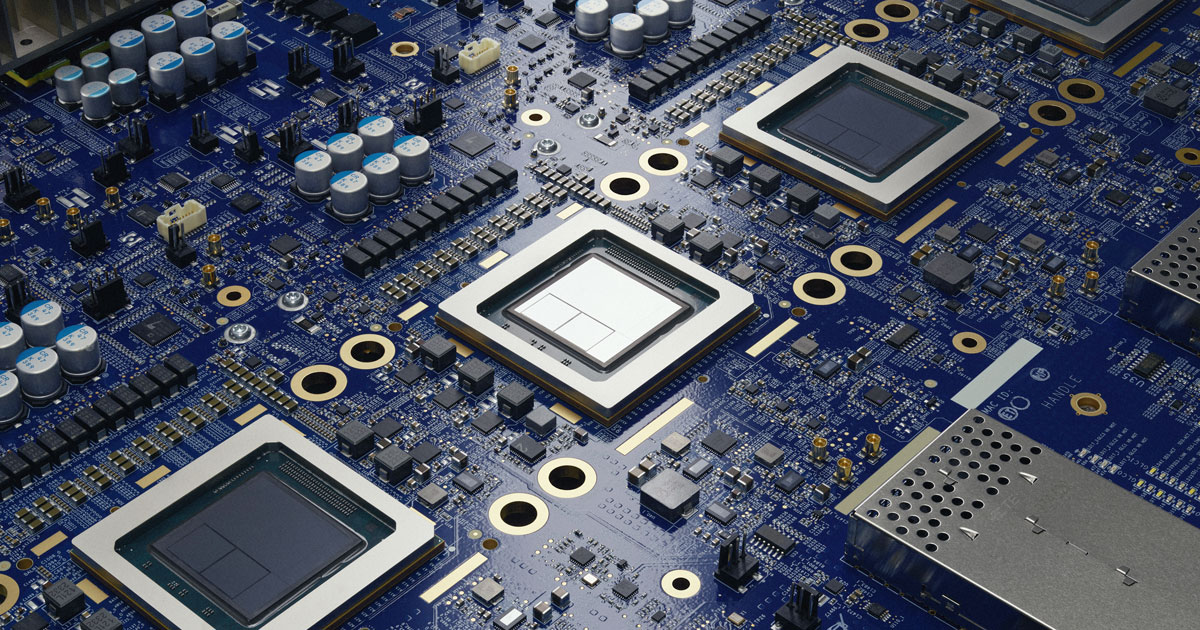Revolutionizing Computer Chip Design: The AlphaChip Approach

Revolutionizing Chip Design with AlphaChip
Advancements in AI-Powered Chip Design
In recent years, the field of chip design has undergone significant transformations due to advancements in artificial intelligence (AI). One notable innovation is AlphaChip, developed by researchers from Google. This method has significantly sped up the design process and improved the quality of chip layouts, making it a pivotal development in the tech industry.
What is AlphaChip?
AlphaChip is an application of reinforcement learning that focuses on creating effective layouts for computer chips. The foundation of this technology was laid in 2020 when researchers introduced this innovative approach for chip layout design. The results were promising, leading to a publication in the journal Nature and the eventual open-sourcing of the technology for broader public use.
The Impact of AlphaChip
AlphaChip has not only streamlined the way chips are designed but has also led to the creation of what are termed superhuman chip layouts. These layouts have been successfully implemented in Google’s Tensor Processing Units (TPUs)—specialized chips that power AI applications across multiple platforms, including mobile devices and data centers.
How Does AlphaChip Work?
Chip design is inherently complex. Each chip consists of numerous interconnected components with intricate design constraints. For over sixty years, designers have faced challenges automating the chip floorplanning process.
AlphaChip addresses this by treating chip layout design like a game, similar to how Google’s earlier projects, AlphaGo and AlphaZero, approached complex games like Go and chess.
The Design Process
- Initialization: AlphaChip starts on an empty grid, methodically placing one component at a time.
- Evaluation: After completing the placement, the layout is reviewed and rewarded based on its quality.
- Learning Mechanism: Utilizing an “edge-based” graph neural network, AlphaChip can learn the relationships between chip components and generalize its knowledge to improve with each design iteration.
The Role of AlphaChip in Google AI Technology
Since its implementation, AlphaChip has become integral to every generation of Google’s AI accelerators, the TPUs. These accelerators are the backbone of Google’s powerful AI systems, including language models and image processing applications such as Gemini and Imagen.
To enhance its effectiveness, AlphaChip undergoes pre-training on various chip blocks from previous TPU generations. This pre-training enables AlphaChip to master the design tasks and generate superior layouts for current TPUs. As AlphaChip tackles more design challenges, it continues to learn and refine its performance.
Broader Applications and Industry Impact
AlphaChip’s influence is not limited to Google; it has inspired a wave of research and applications across the broader chip design industry. Companies like MediaTek have leveraged AlphaChip’s capabilities to enhance their chip development processes, focusing on improving performance, power efficiency, and overall design quality.
Moreover, AlphaChip has extended its usefulness into other areas of chip design beyond layout, influencing stages such as logic synthesis and macro selection.
Future Implications of AlphaChip
Looking ahead, the potential of AlphaChip seems limitless. The technology is expected to further optimize various stages of chip design, including architecture and manufacturing processes. Ongoing developments aim to transform how chips are utilized in everyday devices, such as smartphones, medical equipment, and agricultural sensors.
With future versions of AlphaChip in the works, there is immense anticipation for further breakthroughs that will enable the creation of faster, more cost-effective, and energy-efficient chips.
The advancements brought by AlphaChip mark a significant leap forward in the intersection of AI and hardware design, illustrating how innovations in machine learning can reshape traditional engineering practices.






